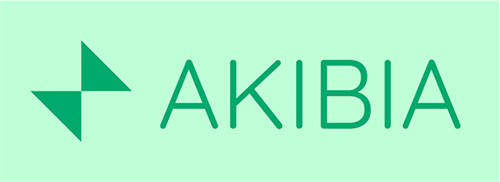[ad_1]
Dive Brief:
- Responding to allegations made last week in a short seller’s controversial report, digital payments company Block on Thursday defended how it measures active accounts at its peer-to-peer payment business Cash App, and how its compliance policies protect against fraud.
- After Hindenburg Research took aim at Cash App’s duplicative accounts, Block said Thursday in a website post responding to recent investor questions that Cash App is “built to support customers” who want multiple accounts, whether that’s separate business and personal accounts or various personal accounts, for whatever reason. As of December 2022, Block said Cash App had about 51 million monthly active accounts, referring to accounts that had at least one transaction involving a Cash App product or service during that month.
- Of that group, about 44 million accounts were connected to an identity the company had verified, Block said. Those 44 million verified accounts – which accounted for 97% of funds coming into Cash App accounts in December – were tied to about 39 million unique Social Security numbers, Block said.
Dive Insight:
The company said it’s also working through the unverified accounts. “Many of the remaining accounts will eventually go through (identity verification) as they increasingly engage with the Cash App platform,” Block said in the statement. “Approximately 13% of the unverified accounts as of December 2022 have completed (identity verification) so far in 2023 as of the date of this release.”
The investment firm Hindenburg said last week that its March 23 report followed a two-year investigation. In that report, Hindenburg unleashed a slew of allegations against San Francisco-based Block. Much of the report focused on Cash App, alleging that business was a platform for criminal activity and employed lax fraud controls that have resulted in duplicative accounts and fraudulent payments.
Block, co-founded and led by tech entrepreneur Jack Dorsey, rebutted the report that same day, calling it “factually inaccurate and misleading.” Still, analysts who follow the company called on Block to release more information and data related to its account metrics and know-your-customer practices.
The information Block shared Thursday “will provide some clarity to investor concerns,” RBC Capital Markets Analyst Daniel Perlin wrote in a Thursday note to clients.
When it comes to assessing the level of fraud on Cash App, Block said Thursday “it’s challenging to arrive at definitive estimates of the amount of fraud and illicit activity.” The company does track the number of Cash App accounts it puts on a “denylist,” which prevents those accounts from sending or receiving money, using a Cash App card, taking out loans or buying stocks or bitcoin.
Last year, about 2.4% of Cash App active accounts were added to that list. “We have additional controls to help prevent known bad actors from returning to the platform,” the company said, without elaborating.
The company also said its risk loss “has remained at or below 0.20% of both applicable peer-to-peer payment volume and of overall inflows for each of the past five years.”
Block also said its compliance investments have “meaningfully increased” as a share of the company’s overall operating expenses since 2019, and Block plans to increase those investments this year. “These investments go towards personnel as well as software and tooling,” among other costs, the company said in the statement.
Block’s digital payments rival PayPal last year erased 4.5 million accounts it said were created by “bad actors” after that company reviewed 2021 activity.
If Block culled Cash App’s approximately 7 million unverified accounts, “which seems unlikely, we estimate that could reflect ~1% of total gross profit impact to total company,” Baird Equity Research analysts wrote in a Thursday note to investors.
[ad_2]
Source link

